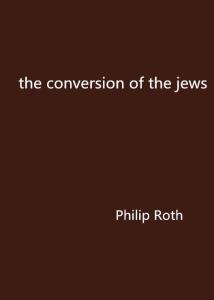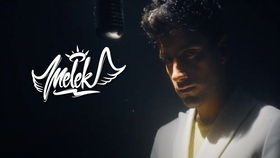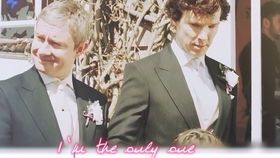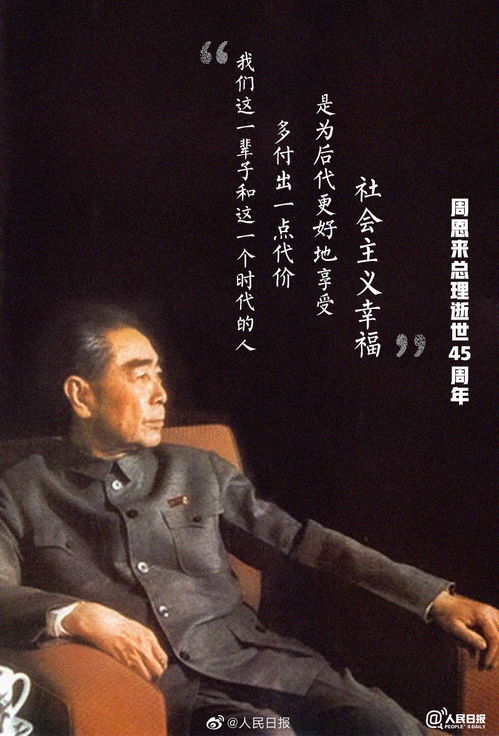In F. Scott Fitzgerald's "The Great Gatsby," "old sport" holds significant meaning. It is a term of endearment and camaraderie that Gatsby uses frequently, especially when addressing Nick. It helps to establish a sense of friendship and connection between them. This term also reflects Gatsby's attempt to fit into the upper-class society he desires to be a part of. It is a way for him to bridge the gap between his nouveau riche status and the established elite. Through the use of "old sport," Fitzgerald explores themes of social class, identity, and the pursuit of the American Dream, highlighting the complex and often tenuous nature of these aspects in the Roaring Twenties.
In F. Scott Fitzgerald's masterpiece, "The Great Gatsby," the term "old sport" holds a profound and multi-faceted significance. This simple yet evocative phrase is not just a casual greeting or a token of familiarity but a symbol that pervades the entire narrative, shaping the characters, the themes, and the overall atmosphere of the story.
I. The Characterization of Jay Gatsby
"Old sport" is a term that Gatsby uses repeatedly to address Nick Carraway. It is a marker of Gatsby's attempt to bridge the gap between his nouveau riche status and the established upper class. Gatsby, although wealthy, comes from a humble background and has achieved his fortune through less-than-legitimate means. By using the term "old sport," he is trying to imitate the refined and sophisticated language of the old money crowd. It is a way for him to project an image of himself as a member of the elite, someone who belongs in the same social circle as the likes of Daisy Buchanan.
For example, when Gatsby invites Nick to his parties, he constantly refers to him as "old sport." This not only shows Gatsby's eagerness to include Nick in his social world but also his need to maintain a certain veneer of elegance and propriety. The use of this term by Gatsby is a form of self-identification and a means of asserting his place in the upper-class hierarchy. It is a way for him to assert his claim to the American Dream, which in his mind is synonymous with wealth, status, and social acceptance.
II. The Theme of Social Class
The repeated use of "old sport" also serves to highlight the theme of social class in the novel. The old money crowd, represented by the Buchanans and their friends, look down upon the newly rich like Gatsby with a sense of superiority and entitlement. The term "old sport" is a relic of the old money's attempt to maintain a sense of distance and exclusivity from the arrivistes. It is a way for them to mark their distinction and to remind those who are not part of their club that they have a long and established history and traditions that the new rich can never truly understand or emulate.
Gatsby, on the other hand, is constantly striving to break into this exclusive social circle. He throws elaborate parties in the hopes of attracting the attention of Daisy and winning her back. However, his efforts are always thwarted by the fact that he is not one of them. The use of "old sport" by Gatsby is a desperate attempt to gain acceptance and to be seen as one of the "insiders." It is a symbol of his longing for a social status that he believes will bring him happiness and fulfillment.
III. The Depiction of the Roaring Twenties
The term "old sport" also helps to create a vivid picture of the Roaring Twenties, a time of excess, wealth, and social upheaval. In this era, the gap between the rich and the poor was widening, and the old money was feeling increasingly threatened by the rise of the new rich. The use of "old sport" by Gatsby and other characters is a reflection of the cultural and social tensions of the time. It is a way for the characters to assert their identities and to negotiate the complex web of social hierarchies that existed during this period.
The parties that Gatsby throws are a symbol of the excesses of the Roaring Twenties. They are filled with alcohol, music, and dancing, and they represent the hedonistic lifestyle that was so prevalent during this time. The use of "old sport" by Gatsby and his guests is a way for them to engage in a kind of performative socialization, where they can play out their roles as members of the upper class and engage in a kind of social competition.
IV. The Narrative Structure and Point of View
The use of "old sport" also has an important impact on the narrative structure and point of view of the novel. Nick Carraway, the narrator, is an outsider looking in on the world of Gatsby and the Buchanans. The term "old sport" is a device that allows Nick to distance himself from the events and characters that he is describing. It is a way for him to maintain a certain objectivity and to present the story from a perspective that is both critical and sympathetic.
By using the term "old sport," Nick is able to create a sense of detachment from the chaos and excess that surrounds him. He is able to observe the characters and events from a safe distance and to offer his readers a unique perspective on the American Dream and the corruption that lies beneath its surface. The use of "old sport" is a narrative device that helps to create a sense of irony and to heighten the reader's awareness of the themes and messages that Fitzgerald is trying to convey.
In conclusion, the term "old sport" in "The Great Gatsby" is a powerful and multi-faceted symbol that plays a crucial role in shaping the characters, themes, and narrative structure of the novel. It is a marker of Gatsby's attempt to assert his place in the upper-class hierarchy, a reflection of the cultural and social tensions of the Roaring Twenties, and a device that allows Nick to maintain a certain objectivity and to present the story from a unique perspective. By examining the significance of "old sport," we can gain a deeper understanding of the complex and rich world that Fitzgerald has created in this classic American novel.








 京公网安备冀I陇ICP备2022000946号-1
京公网安备冀I陇ICP备2022000946号-1
发表评论